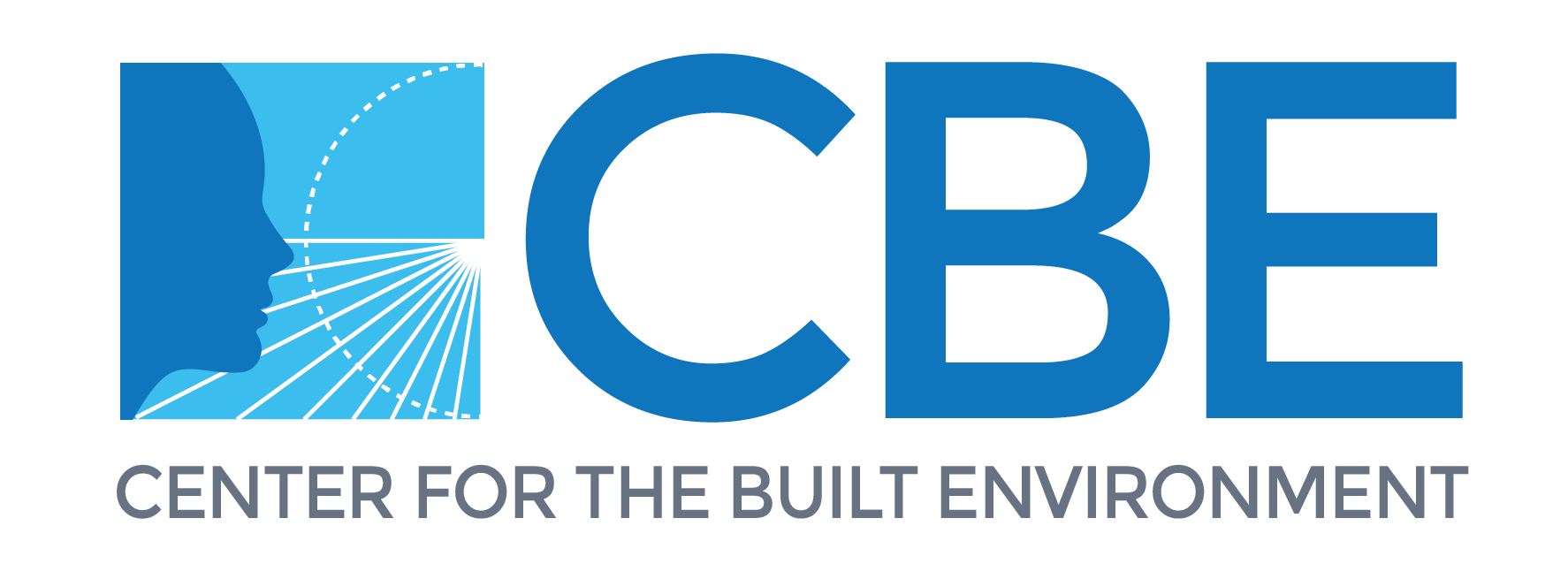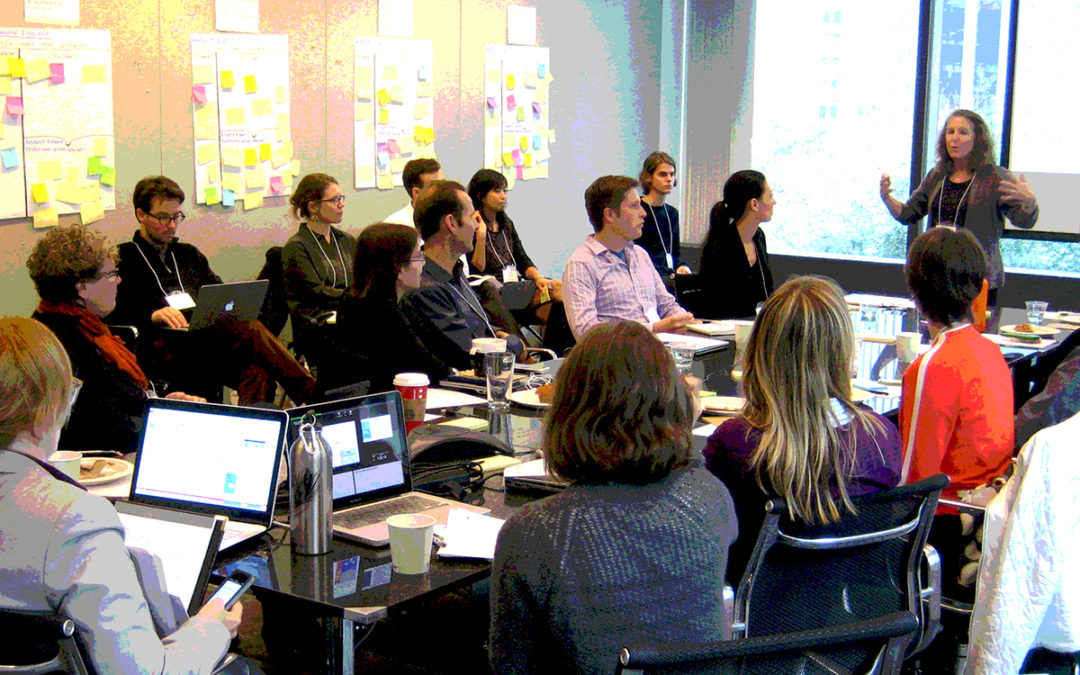
Centerline Team September 22, 2017
Since CBE’s launch in 1997, collaborations with industry and government partners have been central to our work, and have led directly to many of CBE’s most important and far-reaching results. The center began then with ten partners, a requirement set by the National Science Foundation, for funding as an Industry/University Collaborative Research Center; membership has grown in recent years to almost 40 members.
More
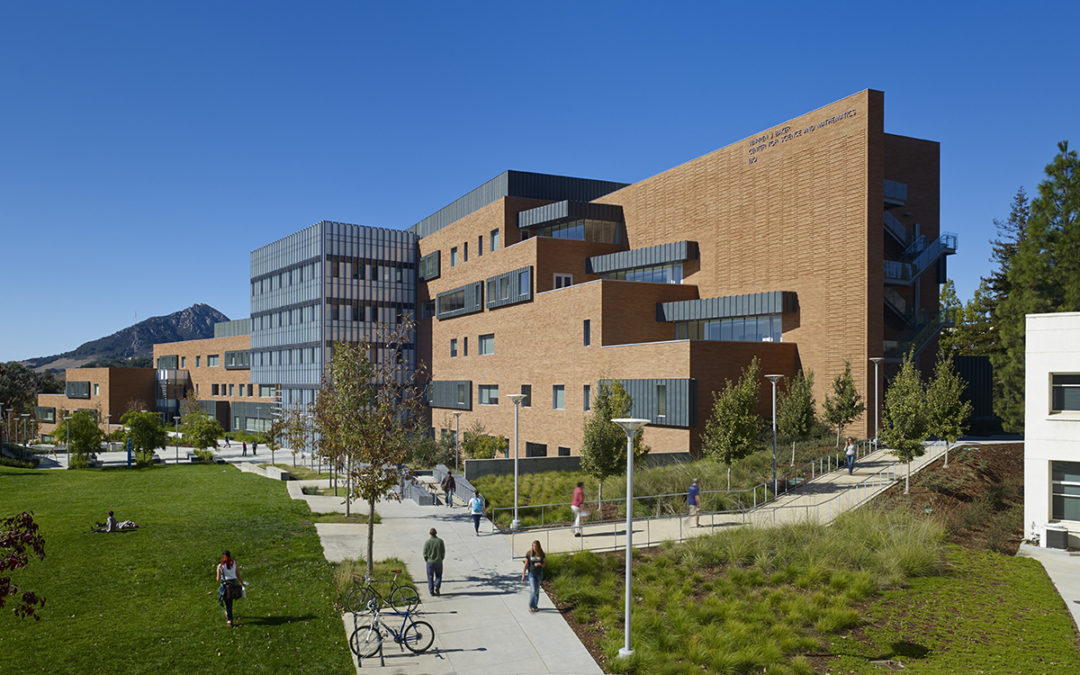
Centerline Team August 22, 2017
Four buildings that showcase sustainable design and provide high quality spaces for work and study have been recognized as part of the annual Livable Buildings Award, a program of UC Berkeley’s Center for the Built Environment (CBE). Although the four projects represent diverse building types, they all share success in providing indoor environments that achieve the highest levels of occupant satisfaction, as measured by CBE’s Occupant Survey.
More
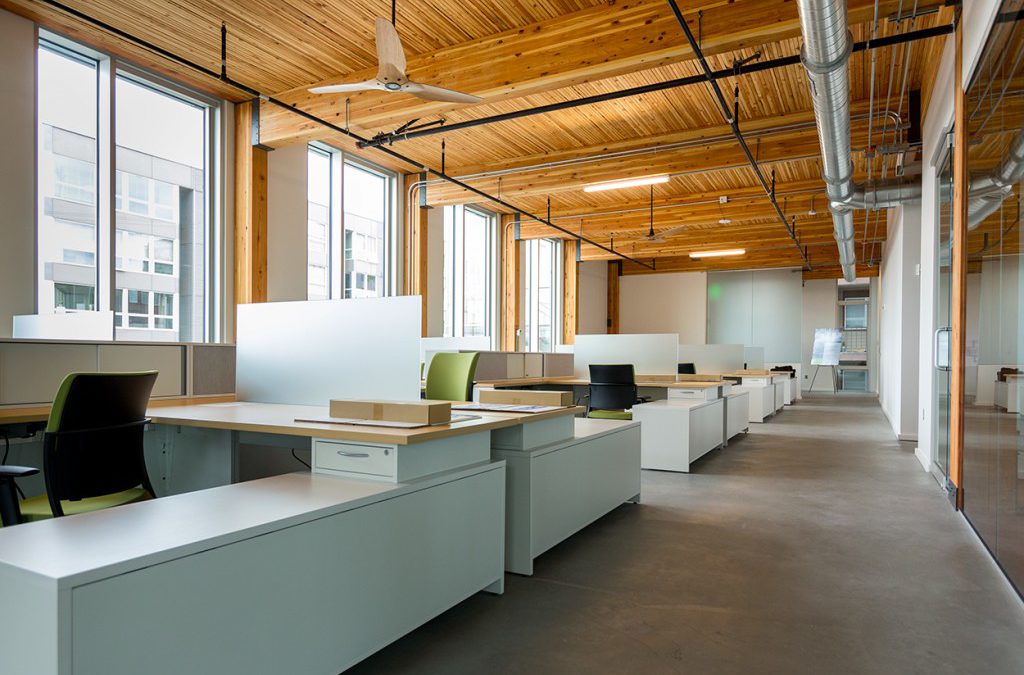
Centerline Team July 14, 2017
Two reports released from UC Berkeley’s Center for the Built Environment provide valuable insights into the effectiveness of radiant cooling and heating systems, a promising HVAC technology that is becoming increasingly used in commercial buildings in North America, including in a high proportion of ultra-low and zero-net energy buildings. These reports reveal how such systems work in practice, analyzing comprehensive data from a large group of buildings in operation.
More
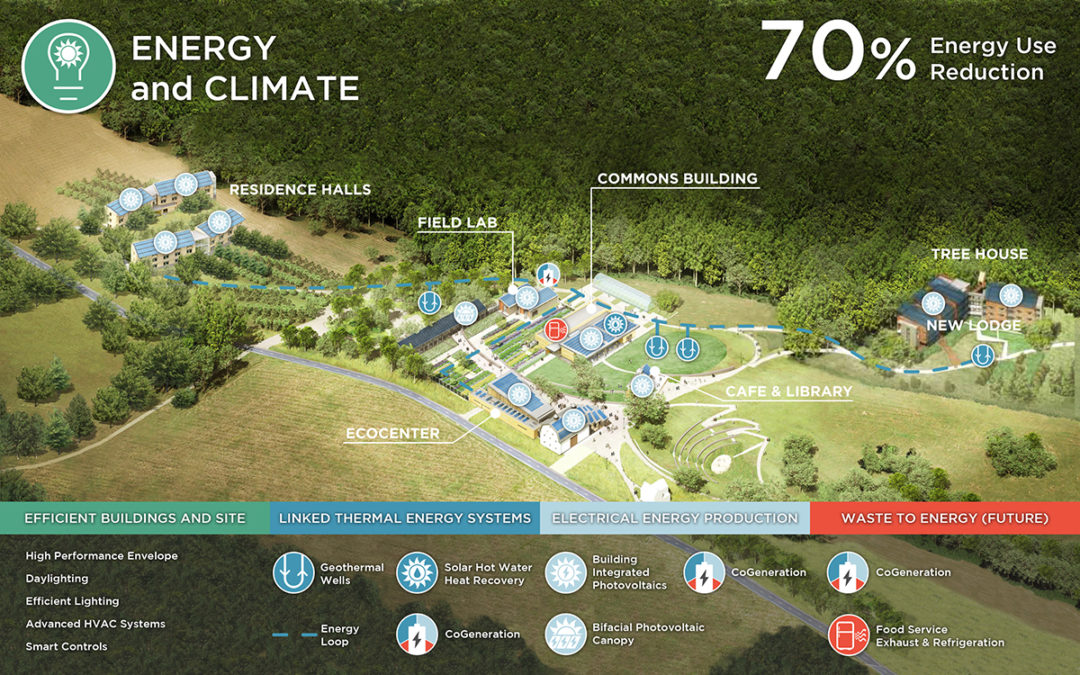
Centerline Team July 14, 2017
After a short hiatus, Interface Engineering rejoined CBE’s industry consortium this spring. With the firm’s emphasis on low-energy integrated design and creative collaboration, Interface’s participation will add significant value to CBE’s membership community.
More
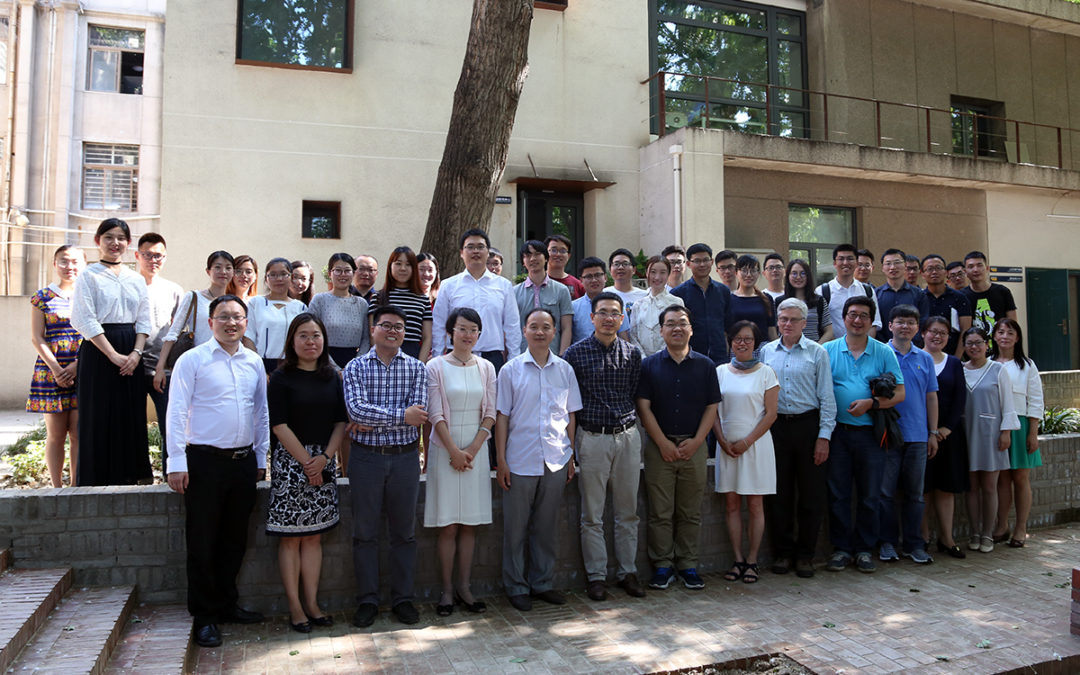
Centerline Team July 14, 2017
CBE Director Edward Arens and Research Specialist Hui Zhang made a visit to China this summer to explore new research opportunities with several leading universities and a developer of residential towers. The trip was organized by former CBE visiting scholars who made important contributions to CBE’s work, who are now developing new research laboratories and programs China, leading research of relevance to CBE and its industry partners.
More

Centerline Team June 1, 2017
The latest company to join CBE’s consortium, Aclima, has garnered global recognition as a leader in the application of sensor networks to provide environmental intelligence since coming out of stealth in 2015. Headquartered in San Francisco, the technology company provides information services from a unique sensing system powered by leading-edge environmental sensors, cloud computing, and artificial intelligence.
More
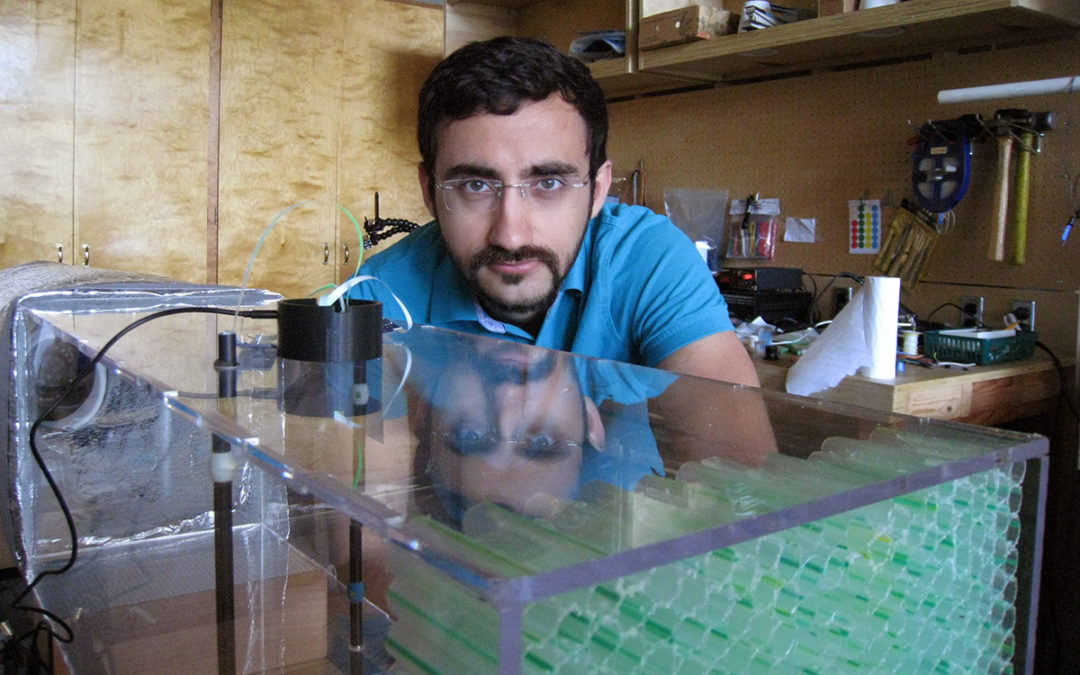
Centerline Team June 1, 2017
Last fall we were impressed by a presentation by Ali Ghahramani, who at the time was completing his PhD dissertation in engineering at USC, related to adaptive sensing and learning for human-centered HVAC operations, using human subject test data. Ali’s technical abilities and the relevance of his studies made him an ideal addition to CBE’s research team, and he joined us this spring as a post-doctoral researcher.
More
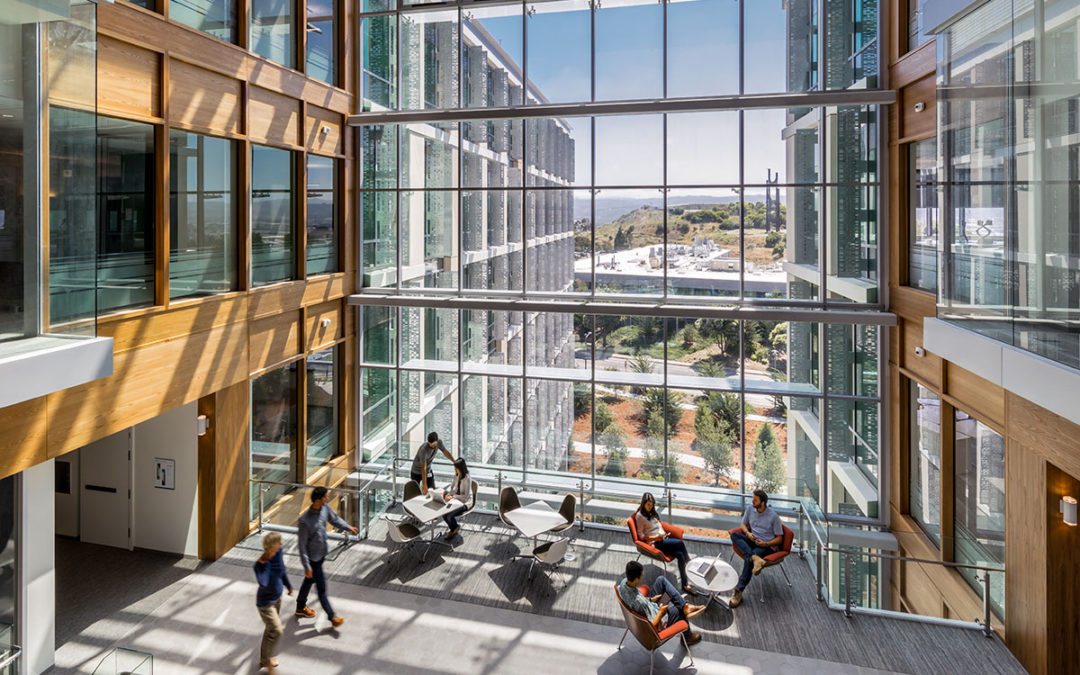
Centerline Team April 13, 2017
The latest company to join CBE’s industry consortium, Genentech has been leading biotechnology innovation for more than 40 years. Genentech discovers, develops, manufactures and commercializes medicines to treat patients with serious or life-threatening medical conditions. Headquartered in South San Francisco, the company also has additional facilities in California, Oregon and Kentucky, with more than 14,000 employees.
More
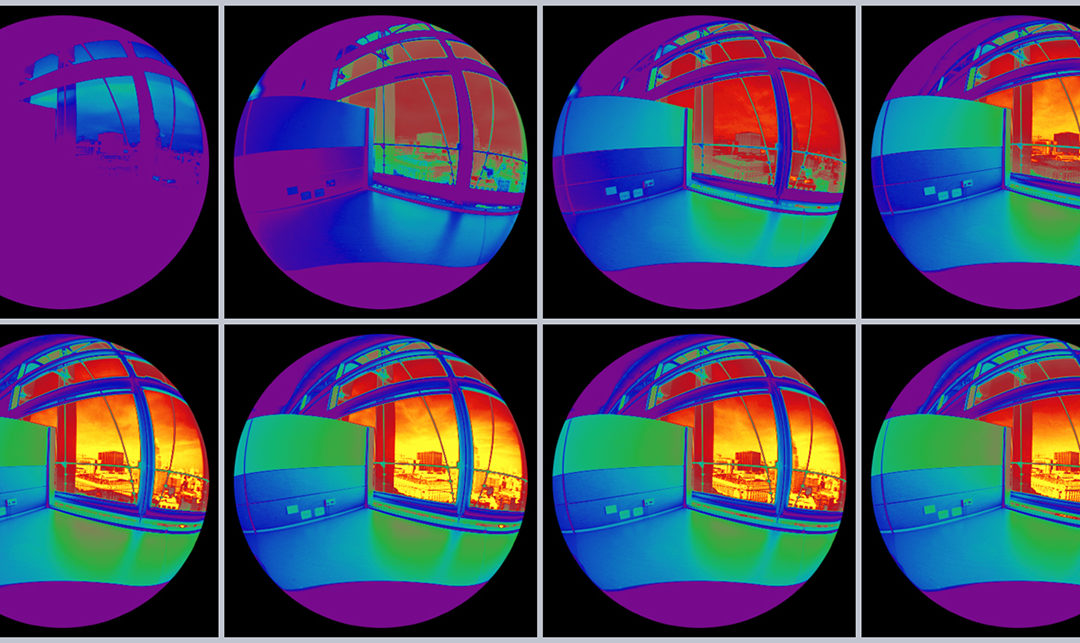
Centerline Team April 13, 2017
Kyle Konis received a Ph.D in Architecture with UC Berkeley’s Building Science Program in 2011. He is now an Assistant Professor of Architecture at USC, and recently completed a book, co-authored with Stephen Selkowitz, Effective Daylighting With High-Performance Facades, Emerging Design Practices. In our interview he discusses how he is working to bridge the gap between building science research and design practice.
More

Centerline Team March 20, 2017
Two proposals from the Center for the Built Environment were recently selected for funding through 2017 research grants from the Siebel Energy Institute. These proposals, to be funded in the 2017 term, leverage technologies from the emerging Internet of Things (IoT) in buildings, including data analytics, advanced sensing, occupant engagement and energy performance in new and innovative ways.
More

